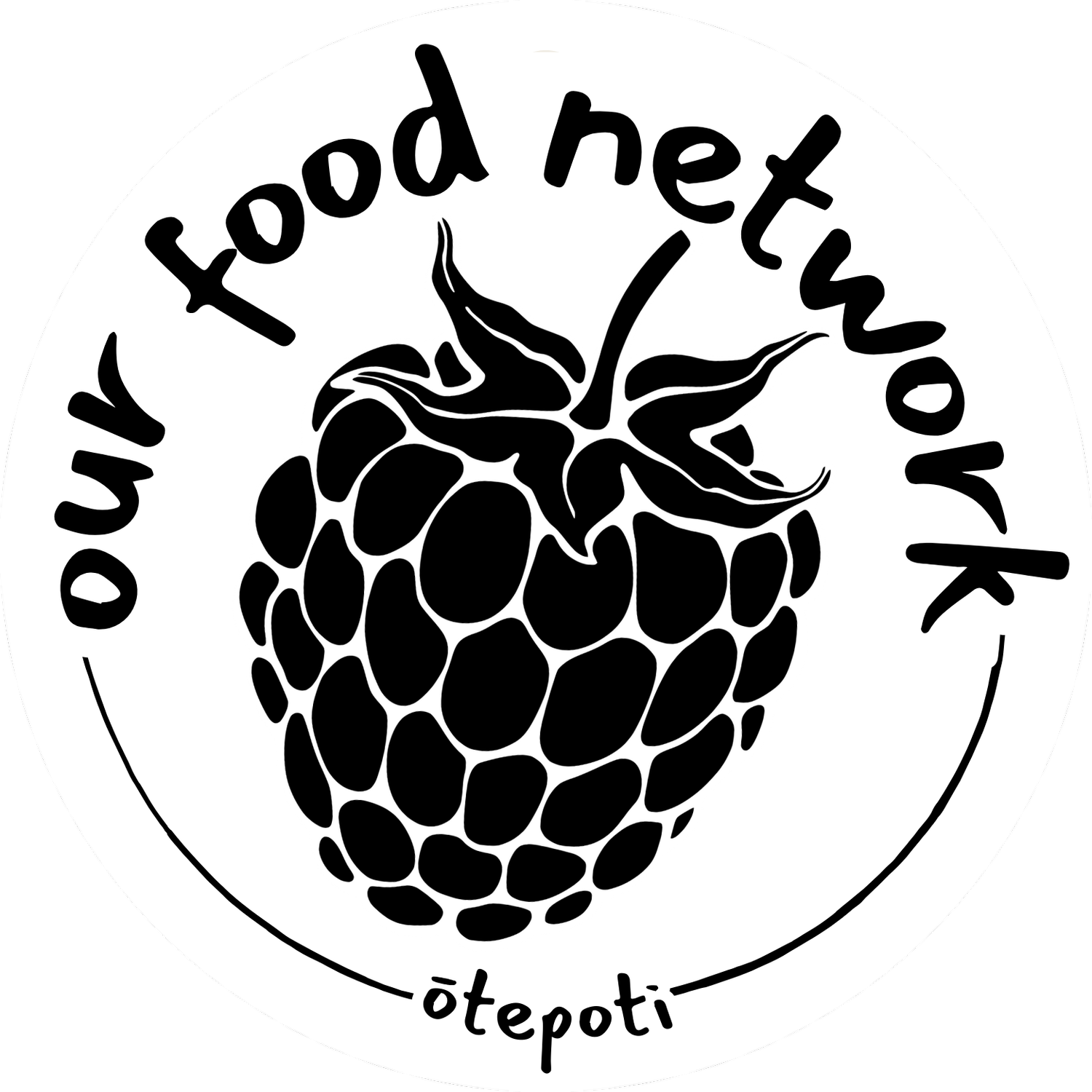Where: Volco Park, 524 Mt Cargill Rd (proceed up North East Valley, North Road becomes Mt Cargill Rd after Upper Junction)
When: 10.00am – 4.00pm, Sunday 24th March
Note: no toilets or running water on site.
All welcome, feel free to bring a picnic.
About the orchard: The orchard was initially established on Saddle Hill in 1993 and transferred, with additional cultivars, to this site at Volco Park on Mt Cargill in 2003 by the Coastal Otago branch of NZ Tree Crops Association under the guidance of well-known local member and apple enthusiast Jim Dunckley. The purpose of the orchard is to be a “Tree Library” or “Scion bank" of heritage apple varieties in NZ., to preserve and enable propagation. Many varieties are old, some of which are at risk of being lost, others have or may have important disease resistance traits. There are over 300 different cultivars of apple, with several different ones grafted onto each root stock. They include a significant number of locally sourced (Otago and Southland) varieties, including from Miller’s Allanton commercial orchard, and from a number of very old private orchards, but it is also the sole custodian of many samples from Horticulture Research’s stations from across New Zealand, now closed.
The orchard is high altitude (320m) and is probably the latest ripening in the country (2-3 weeks later than Southland) and hence most fruit is not ripe until April, May or even June. The orchard is organic, no chemical sprays or fertilisers are used.
Preserving this heritage is important for many reasons, including the diversity which is not present in modern commercial orchards. Among this diversity are properties that might be ideal for domestic use (e.g. excellent cooking, drying or cider-making apples) whereas commercial varieties may focus on eating apples, suitability for export handling, and appearance, for example. The diversity of heritage apples acts as a storehouse for other genetic traits which may nevertheless be useful commercially as well, for instance dishes resistance against new pathogens.
A current major project is formal identification of the varieties against known types. Many are known, based on fruit characteristics, but this is a difficult and sometimes uncertain process. Others are not even guessed at and may represent new varieties not yet named. To advance this a new partnership, the “Apple ID Otago project”, has been established with the the University of Otago and Crop and Food Research to use the new biochemical tools of gene sequencing. We are hoping to inspire more people to get involved, become members of our branch of the Tree Crops Association to help keep up the momentum of this orchard’s development. It’s a great way to learn about growing fruit and to contribute to maintaining this piece of heritage in Dunedin.
Brian Hyland: brian.hyland@icloud.com
